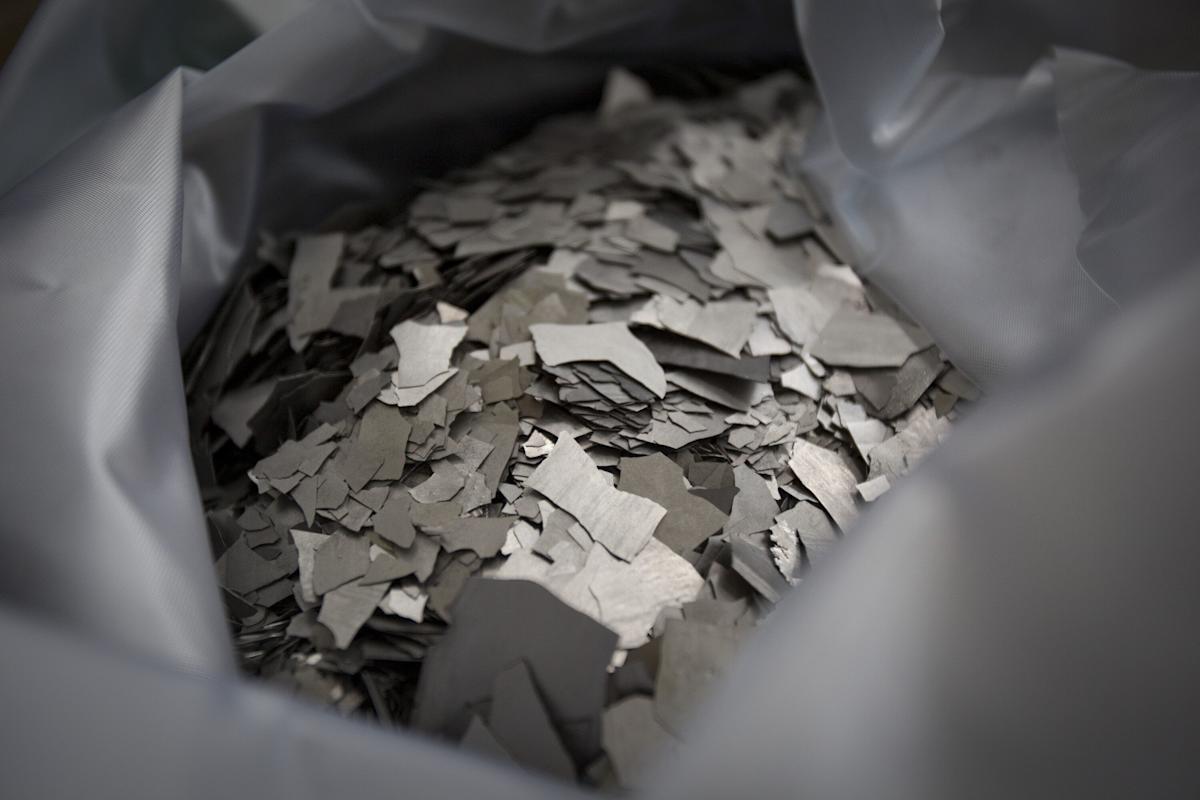Rare-Earths Supply Chain Has to Include China, Says Magnets CEO
(Bloomberg) — China should remain an important link in the global supply chain for rare-earth products given its technical expertise and competitiveness, according to Neo Performance Materials Inc., a major western maker of critical materials.
“China will remain, and frankly should remain, the dominant player in the space,” Neo’s Chief Executive Officer Rahim Suleman said in an interview on Wednesday in Toronto. The Canadian firm has operations in China, as well as elsewhere in Asia, Europe and North America.
Most Read from Bloomberg
Suleman was speaking on the sidelines of a rare-earths conference dominated by discussions of how to build supply chains that don’t run through China. The Asian nation’s export curbs earlier this year threatened widespread industrial shutdowns and accelerated US efforts to push for domestic production.
“When an industry seeks to manage concentration risk, I think that’s the right way to think about how the industry can change,” the CEO said. “When the industry starts talking about independence from China, frankly we think that’s challenging.”
China has a powerful grip on rare earths built up over several decades, and the west’s efforts to cut it out risk running into the reality that Chinese products are cheaper, and its ability to match specialized customer requirements are formidable. More than 90% of rare-earth magnets are made in China.
Neo last week inaugurated Europe’s first magnet plant in Estonia. The firm produces a wide range of other critical materials and has operated plants in China for many years.
Even executives in the growing number of aspiring US producers of rare-earth magnets recognize that replacing China quickly or easily won’t be straightforward. And the manufacturers who use rare earths or magnets in their products will also have to balance costs against supply risks linked to geopolitics.
“China remains the most cost-effective jurisdiction in the world, and I think customers certainly will pay attention to finding the right balance, with some materials localized versus the majority of their buying,” Suleman said.
Most Read from Bloomberg Businessweek
©2025 Bloomberg L.P.



Leave a Comment
Your email address will not be published. Required fields are marked *